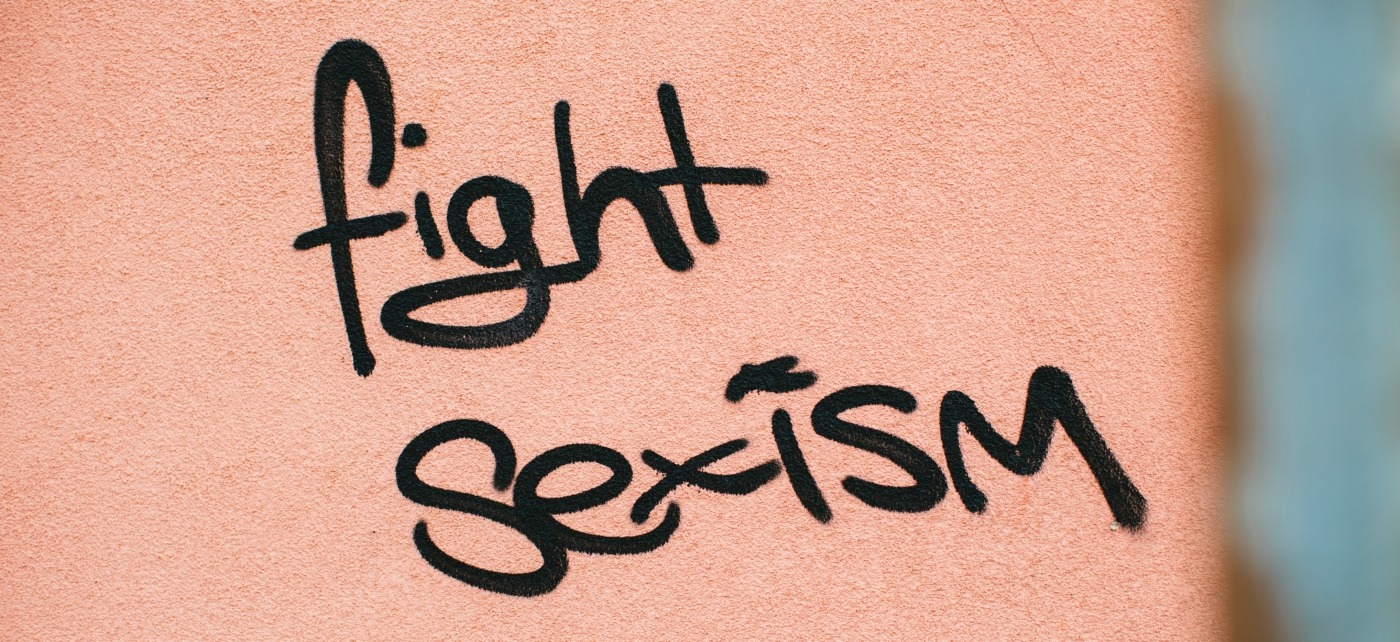A feminist’s defence of the ‘Karen’ meme
Somewhere in Internet-land, or even in real life, you’ve met Karen. She’s white, middle-aged, shops in Waitrose and wants to see the manager. She’s annoying, entitled and full of her own self-importance.
To some, she’s also a tool of the patriarchy, a construct implanted into meme culture to keep misogyny simmering away in the background of society. Guardian columnist Julie Bindel called out Karen for being a sexist, ageist and classist meme while her colleague Hadley Freeman wrote a column arguing the same thing, which has been frequently discussed and shared in the last week.
I am a feminist through and through. I want to see the patriarchy kicked in the crotch as much as the next girl. I did wonder to myself whether Karen could be a feminist issue. I was a bit torn. I considered whether she is a product of a culture that doesn’t like women putting their foot down, from the makers of the word ‘bossy’ and the concept of ‘difficult women’.
How discriminatory can you really be against people with enough power and money to have a fairly cushty life?
However, context alters things: we come across Karen in trivial situations, like the checkout queue or the customer service desk. I can’t imagine Karen asking for the manager because she wants to negotiate a pay rise or to report the sleazy guy from Human Resources. We laugh at Karen because she is petty. She makes mountains out of molehills. Everyone I know who has worked in retail has met a customer like her, whether male or female. Rudeness and pettiness are not particularly gendered traits. Any man can also be rude, entitled or stuck up.
Could the meme instead be considered ageist? It’s more than possible for middle-aged women to be on the receiving end of a toxic mix of misogyny and ageism – take the erasure of women of a certain age from conversations about sex positivity and body image. However, I’m not convinced Karen is used as a way of oppressing them. If anything, it’s a symptom of a wider issue, of the deeply entrenched generational divides forming with society. Older people dismiss people our age as snowflakes; we retaliated by calling out the ‘boomers’ for voting for Brexit and creating an ecological mess our generation might have to clean up. The meme has also been used as a way of expressing annoyance at the ignorance shown by some people of a certain generation. The meme has been associated with anti-vaxxers and more recently, coronavirus panic buyers, while its origins are said to lie with how black women called out the white middle class for their snobbery and casual racism. The joke, like many others, holds up a mirror to people’s feelings towards the treatment of their generation.
Language is an important reflection of our culture, even when it’s ‘just a joke’, because jokes have power that is often vastly underestimated
Speaking of class – no, Karen isn’t a classist slur either. This argument has the same kind of stink as the idea of reverse racism. Karen is clearly quite privileged, being white and middle class. How discriminatory can you really be against people with enough power and money to have a fairly cushty life? This argument, like the idea of reverse racism, suggests that discrimination equally goes in both directions – ask a sraight person if they’ve been afraid to hold their partner’s hand in public and you have proof that such an idea is clearly false. Middle class people will never face discrimination like the working class do. To claim otherwise undermines what is a genuine problem.
The Karen debate isn’t wholly irrelevant, even if there might be bigger fish to fry. Language is an important reflection of our culture, even when it’s ‘just a joke’, because jokes have power that is often vastly underestimated. Fortunately, the majority of instances in which I’ve seen the joke have been innocent. However, when Jess Philips was appointed shadow minister for domestic violence and safeguarding, 11,000 people liked a tweet calling her ‘Shadow Karen minister’. Though not sexist on its own, using it in such an awful way does become sexist in undermining a vitally important cause that disproportionately affects women. I only hope it doesn’t turn into a genuine weapon of misogyny. In the meantime, to those 11,000 people – I hope a Karen asks you to fetch her the manager.

Comments (1)
Still think is true in 2025? Karen has set the women’s movement back. If it was being used as it was originally- then yes, it was fair for WOC to call out racist behaviour from awful women – absolutely. But it is it now ised for any woman who calls out (rightly) any bad behaviour or speaks her mind, after we have so long fought to find our voices. Karen has become something else completely.